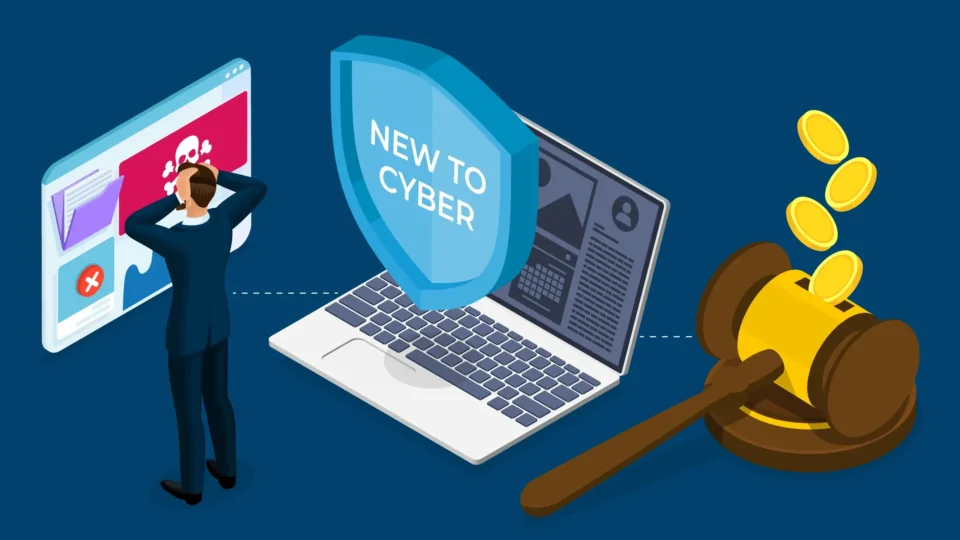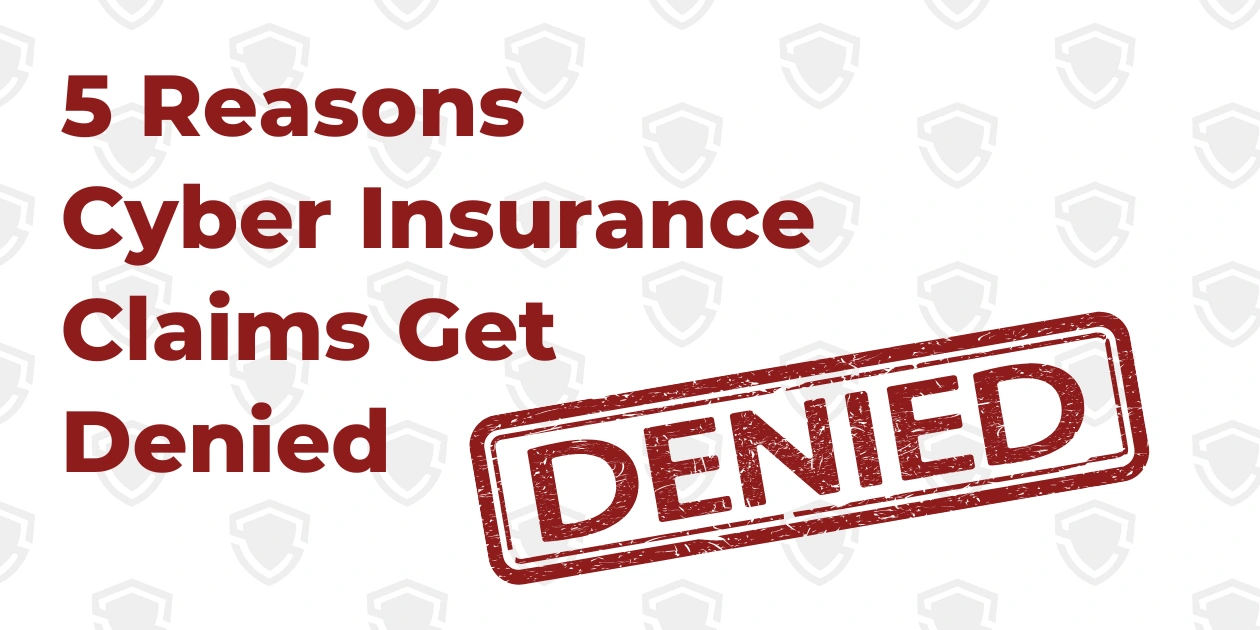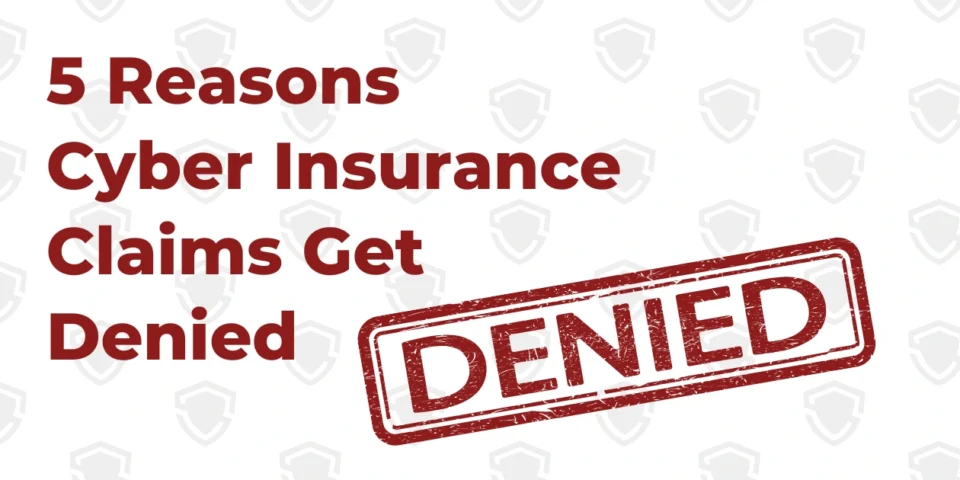Navigating Cyber Insurance Claims
Organizing your affairs is crucial, especially when it comes to cyber insurance claims. This tech tip will help you understand the common reasons for claim denials and provide expert guidance on how to prevent them. By proactively addressing these issues, you can protect your business and ensure smoother claims processing when needed.

5 Reasons Claims Get Denied
Insufficient Prevention Practices
What it means: Insufficient prevention practices refer to a lack of security measures to defend against cyber threats, such as weak firewalls, outdated software, or poor employee training.
Recommendation: Strengthen your security measures. If you’re uncertain where to begin, a network assessment is a great first step. Reach out to Prime Secured for complimentary network assessment to thoroughly evaluate your IT infrastructure.
Issues Related to Third-Parties or Contractors
What it means: These issues arise when third-party vendors or contractors fail to meet cybersecurity standards, potentially exposing your business to vulnerabilities.
Recommendation: Thoroughly vet your current and potential service providers. Choose partners who prioritize cybersecurity.
Errors in Documentation
What it means: Errors in documentation occur when there are inaccuracies or incomplete records of losses, damages, or claims-related activities, which can lead to claim denials.
Recommendation: Maintain records of all losses and associated costs to support your claims.
Failure to Document Preventative Measures
What it means: Failure to document preventive measures means not having a record of the cybersecurity policies, procedures, and training in place to prevent breaches.
Recommendation: Ensure comprehensive documentation of all cybersecurity policies and procedures, covering staff training, incident management, and provide evidence of their implementation.
Check out this blog for how to get started with effective cybersecurity training.
Limitations in Coverage Post-Interruption
What it means: Some insurance policies may limit coverage for losses that occur after a business interruption, especially if preventive measures were not in place beforehand.
Recommendation: Fully understand your policy terms and consider negotiating for extended coverage. Keep an updated and effective recovery plan in place.
Protect Your Business
By addressing these common pitfalls, you can strengthen your cybersecurity posture and ensure that your cyber insurance claims are more likely to be approved. Taking proactive steps now can save your organization time, money, and unnecessary headaches in the event of an incident.
Download our concise guide, and share these insights with your organizational leaders to help them make informed decisions and improve your company’s overall cybersecurity strategy.




